👋 Click the mic button to talk to Alfred, the Todd's Seeds Gardening/Sprouting Expert – Feel free to ask him anything!
Ask Virtual Todd Anything - Click the Mic
Imagine biting into a fresh, crunchy salad and experiencing the burst of flavors from sprouted seeds. But what exactly are sprouted seeds? In this article, we’ll explore the definition of sprouted seeds and uncover their benefits, from increased nutrient availability to enhanced digestibility. Prepare to be amazed by the power packed within these tiny, germinating miracles.
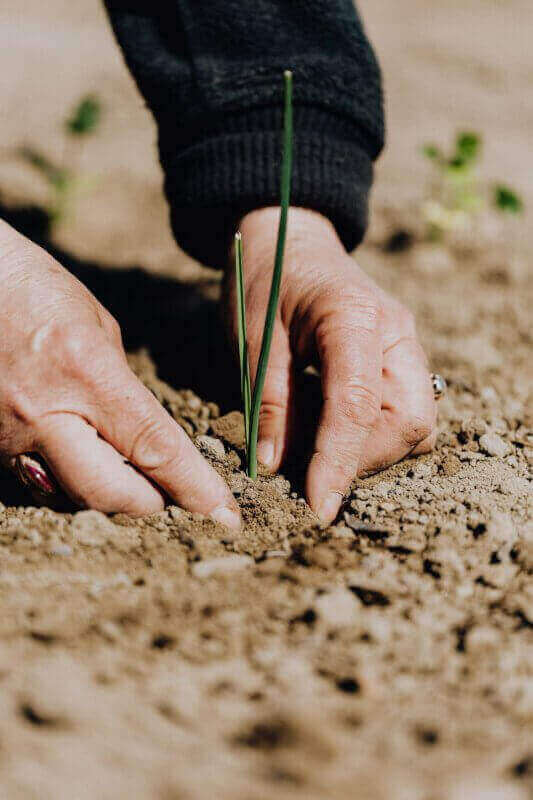
What are sprouted seeds?
Definition of sprouted seeds
Sprouted seeds are the germinated forms of various types of seeds, nuts, and grains. When a seed begins to sprout, it undergoes a process that activates its dormant state and allows it to grow and develop into a plant. This process involves soaking the seed in water, which triggers enzyme activity and initiates the sprouting process.
Basic concept of sprouting
The basic concept of sprouting involves providing the ideal conditions for a seed to start growing. By soaking the seeds in water, they are rehydrated and the germination process is initiated. As the seed absorbs water, it begins to swell and break through its outer protective layer. This allows the seed to release enzymes that help it to break down complex substances into simpler, more digestible forms. The result is a small sprout or seedling that emerges from the seed.
Importance of sprouting seeds
Sprouting seeds is important for several reasons. First and foremost, it increases the availability of nutrients in the seeds, making them more easily digestible and allowing our bodies to absorb the nutrients more efficiently. Sprouting also helps to reduce anti-nutrients present in raw seeds, such as phytic acid, which can inhibit the absorption of essential minerals. Additionally, sprouting seeds can enhance the flavors and textures of certain foods, making them more enjoyable to consume.
History of sprouted seeds
Early cultivation of sprouted seeds
The cultivation of sprouted seeds can be traced back to ancient civilizations. It is believed that early civilizations, such as the Egyptian, Greek, and Chinese, practiced the art of sprouting for food and medicinal purposes. These cultures recognized the nutritional benefits of sprouted seeds and incorporated them into their diets as a source of sustenance.
Ancient practices of sprouting
In ancient times, sprouting seeds were often used for their medicinal properties. Chinese medicine, for example, utilized sprouted seeds to treat various ailments and promote overall health and wellness. The Egyptians also recognized the therapeutic benefits of sprouting and used sprouted seeds in their religious rituals and healing traditions.
Popularization of sprouting
With the advancement of agricultural practices and the spread of knowledge, sprouting seeds became more widely known and accessible. In recent centuries, sprouting has gained popularity as a health-conscious practice and has become a staple in many cuisines around the world. Today, sprouted seeds are readily available in supermarkets, health food stores, and even online sources.
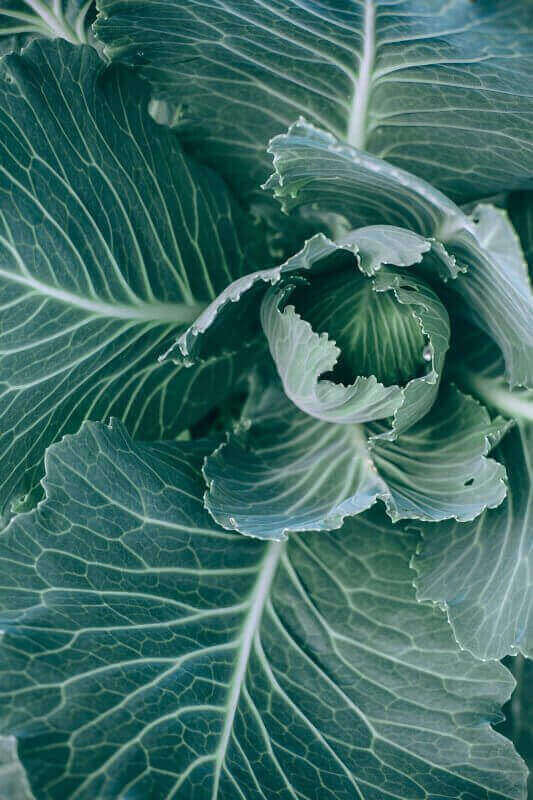
Types of sprouted seeds
Common sprouted seeds
Some of the most common types of sprouted seeds include alfalfa, broccoli, mung bean, lentil, radish, and sunflower seeds. These seeds are popular choices for sprouting due to their ease of cultivation and their wide availability.
Nutritional value of different sprouted seeds
Different sprouted seeds offer varying nutritional benefits. For example, alfalfa sprouts are an excellent source of vitamin K, vitamin C, and folic acid. Broccoli sprouts are high in antioxidants, fiber, and vitamin A. Mung bean sprouts are a good source of protein, fiber, and vitamins B and C. Lentil sprouts are rich in folate, fiber, and iron. Radish sprouts are packed with vitamin C, calcium, and potassium. Sunflower sprouts provide vitamin E, protein, and healthy fats.
Culinary uses of sprouted seeds
Sprouted seeds can be a versatile addition to a variety of dishes. They add a crunchy texture and a fresh, nutty flavor to salads, sandwiches, wraps, and stir-fries. Sprouted seeds can also be used as toppings for soups, stews, and Buddha bowls. In addition, they can be blended into smoothies or juiced for a nutrient-rich beverage. Some creative chefs even incorporate sprouted seeds into baked goods, such as breads, muffins, and cookies, to add a unique twist to traditional recipes.
Health benefits of sprouted seeds
Increased nutrient bioavailability
One of the key health benefits of consuming sprouted seeds is the increased bioavailability of nutrients. During the sprouting process, enzymes are activated, allowing complex substances in the seeds to be broken down into simpler forms that our bodies can easily absorb. This makes the nutrients in sprouted seeds more accessible and beneficial for our overall health.
Improved digestion
Sprouted seeds are known to be easier to digest compared to their non-sprouted counterparts. The enzyme activity that occurs during sprouting helps to break down complex carbohydrates and proteins, making them more digestible. This can alleviate digestive issues such as bloating, gas, and indigestion, making sprouted seeds a gentle and soothing food for the digestive system.
Boosted immune system
Sprouted seeds are rich in vitamins, minerals, and antioxidants that can strengthen the immune system. The high levels of vitamin C in sprouted seeds, for example, can enhance the production of white blood cells, which are essential for a strong immune response. Additionally, the antioxidants present in sprouted seeds help to protect the body against oxidative stress and support overall immune function.
Weight management support
Including sprouted seeds in a balanced diet can be beneficial for weight management. Sprouted seeds are low in calories but high in fiber, which can help to promote satiety and reduce overeating. The fiber content also aids in regulating digestion and promoting a healthy metabolism. Including sprouted seeds in meals can provide a satisfying and nutritious option for those looking to maintain a healthy weight.
Enhanced cardiovascular health
Consuming sprouted seeds has been associated with improved cardiovascular health. Sprouted seeds, such as sunflower and broccoli sprouts, contain compounds that have been shown to have anti-inflammatory and cholesterol-lowering effects. These seeds also provide omega-3 fatty acids, which are beneficial for heart health. Regularly incorporating sprouted seeds into a heart-healthy diet can contribute to a reduced risk of heart disease and improved cardiovascular function.
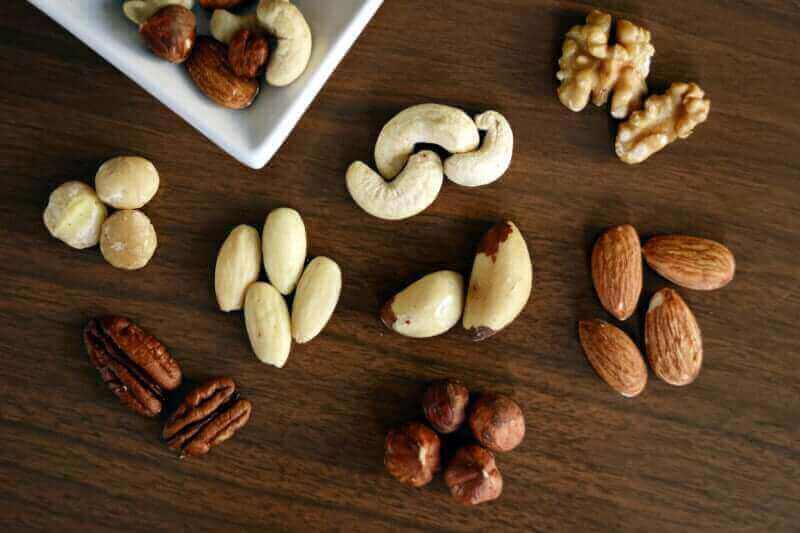
How to sprout seeds
Selecting high-quality seeds
When sprouting seeds, it is essential to start with high-quality seeds. Look for organic, non-GMO seeds that are specifically labeled for sprouting. These seeds are free from potentially harmful chemicals and have a higher likelihood of successful germination.
Pre-soaking seeds
Before sprouting, most seeds benefit from a pre-soaking process to kickstart the germination process. Soaking the seeds in clean water for a specific duration softens the outer coating, making it easier for the seeds to sprout. The soaking time can vary depending on the type of seed, but typically ranges from 4 to 12 hours.
Choosing the right sprouting method
There are several methods for sprouting seeds, including jar sprouting, tray sprouting, and bag sprouting. Each method has its own advantages and may be better suited for certain types of seeds. Jar sprouting is a simple and popular method that involves using a glass jar and a mesh or breathable lid. Tray sprouting requires trays or containers with proper drainage, while bag sprouting involves using a mesh bag or cheesecloth to contain the seeds.
Caring for sprouted seeds
During the sprouting process, it is important to provide the right conditions for the seeds to flourish. This includes rinsing the sprouts with clean water at least twice a day to prevent mold and bacterial growth. Allowing the sprouts to receive adequate airflow is also crucial, as it helps to prevent excessive moisture and maintain a healthy environment for growth.
Harvesting and storing sprouted seeds
Once the sprouts have reached the desired length, they can be harvested by gently cutting or pulling them from their growing medium. It is important to rinse and drain the sprouts thoroughly before consuming or storing. Sprouts can be stored in a clean, airtight container in the refrigerator for up to a few days. It is recommended to consume sprouts as soon as possible for maximum freshness and nutritional value.
Common challenges in sprouting seeds
Mold and bacterial growth
One of the common challenges in sprouting seeds is the risk of mold and bacterial growth. This can occur when the sprouts are not properly rinsed and drained, or when excessive moisture is present. To prevent mold and bacterial growth, it is crucial to rinse the sprouts thoroughly and ensure proper airflow during the sprouting process.
Seed spoilage
Seeds that are of poor quality or have been stored improperly may not sprout successfully and can spoil during the sprouting process. It is important to use fresh, high-quality seeds and store them in a cool, dry place to maximize their germination potential.
Contamination risk
Sprouting seeds carry a small risk of contamination from harmful bacteria, such as Salmonella or E. coli. This risk can be minimized by purchasing seeds from reputable sources, practicing proper hygiene during the sprouting process, and thoroughly rinsing and draining the sprouts before consumption.
Over or under sprouting
Finding the right balance in sprouting seeds can be a challenge. Over sprouting can result in bitter or tough sprouts, while under sprouting may lead to seeds that are difficult to digest. Regular monitoring and careful observation of the sprouting process can help achieve the desired level of sprouting.
Maintaining proper hygiene
Hygiene is crucial when sprouting seeds to prevent the growth of harmful bacteria and ensure food safety. It is important to wash hands thoroughly before handling the seeds and sprouts, clean all equipment and surfaces used for sprouting, and avoid cross-contamination with other foods.
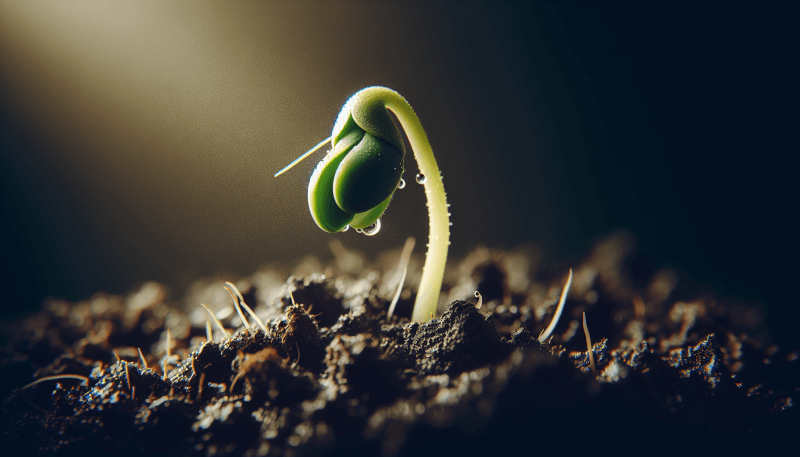
Precautions when consuming sprouted seeds
Allergies and sensitivities
Some individuals may have allergies or sensitivities to certain types of sprouted seeds. It is recommended to introduce sprouted seeds gradually into the diet and monitor any adverse reactions. If any allergic symptoms or discomfort occur, it is best to consult a healthcare professional.
Food safety concerns
Due to the risk of contamination, it is important to handle and store sprouted seeds safely. It is recommended to consume sprouts within a few days of sprouting and avoid consuming sprouts that appear slimy, have an off odor, or have visible signs of mold.
Sprouting precautions for specific seeds
Certain types of seeds, such as alfalfa and broccoli, have specific sprouting precautions due to their unique characteristics. For example, alfalfa sprouts are more susceptible to bacterial growth and may require additional rinsing and shorter sprouting times. It is important to research and follow the specific sprouting guidelines for each seed type.
Finding a balance in the diet
While sprouted seeds offer numerous health benefits, it is important to incorporate them as part of a balanced diet. They should not replace other essential food groups, but rather be included as a healthy addition to meals. Variety is key, and it is recommended to rotate different types of sprouted seeds to maximize nutritional diversity.
Commercial availability of sprouted seeds
Sprouted seeds in supermarkets
Sprouted seeds are now commonly found in supermarkets, particularly in the produce section or health food aisles. They are usually packaged and ready to eat, making them convenient for consumers who want to enjoy the benefits of sprouted seeds without the hassle of sprouting them at home.
Local farmers’ markets
Another option for purchasing sprouted seeds is through local farmers’ markets. Many local farmers and growers specialize in sprouting seeds and offer a wide variety of freshly sprouted options. Shopping at farmers’ markets not only supports local agriculture but also allows for direct communication with the growers, providing valuable information about sprouting methods and seed quality.
Online sources for sprouted seeds
In today’s digital age, it is easier than ever to find and purchase sprouted seeds online. Many online retailers specialize in sprouting seeds and offer a wide range of options, including organic and heirloom varieties. Online shopping provides convenience and accessibility, allowing consumers to explore different seed varieties and have them delivered directly to their doorstep.
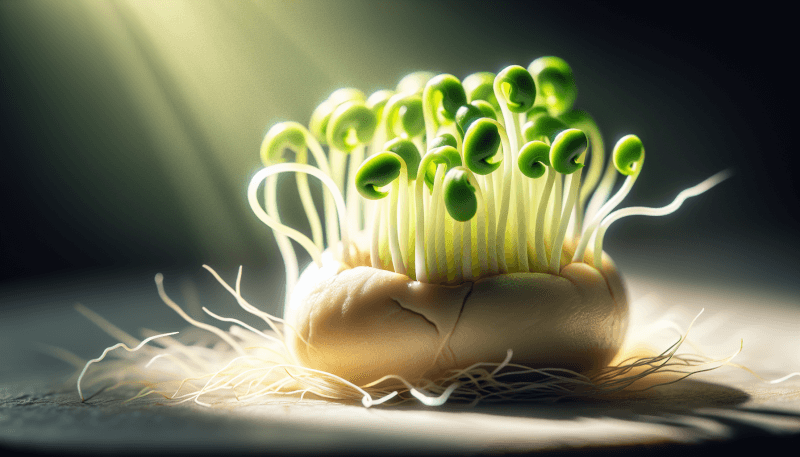
Growing sprouted seeds at home
Benefits of home sprouting
Growing sprouted seeds at home has several advantages. It allows for complete control over the sprouting process, ensuring the use of high-quality seeds and the avoidance of potential contaminants. Home sprouting is also cost-effective, as it eliminates the need to purchase pre-sprouted seeds. Additionally, home sprouting provides the opportunity to experiment with different seed varieties and custom-tailor the sprouting process to personal preferences.
Required equipment and supplies
To start sprouting seeds at home, a few basic supplies are needed. These include seeds, a glass jar or tray with drainage holes, breathable mesh or lids, and access to clean water for rinsing. Optional equipment can include a sprouting tray or bag for larger quantities of seeds and a sprouting mat or towel for maintaining optimal moisture levels.
Step-by-step process of home sprouting
Choose the desired seeds for sprouting and ensure they are suitable for home sprouting.
Pre-soak the seeds by placing them in a clean jar or tray and covering them with water. Follow the recommended soaking time for the specific seed type.
After the soaking period, drain the water from the seeds using a mesh lid or by carefully pouring out the water.
Rinsing is crucial for home sprouting. Rinse the seeds with clean water at least twice a day, gently swishing them around to ensure all surfaces are thoroughly rinsed.
After rinsing, drain the water completely to avoid excessive moisture accumulation. Invert the jar or tray at an angle to allow proper airflow.
Continue to rinse and drain the seeds for the designated sprouting period. This can vary depending on the seed type and desired sprout length.
Once the sprouts have grown to the desired length, they can be harvested by gently pulling or cutting them from their growing medium.
Rinse the sprouts one final time and allow them to drain before consuming or storing in the refrigerator.
Incorporating sprouted seeds into everyday meals
Sprouted seeds as toppings
Sprouted seeds make excellent toppings for various dishes. They can be sprinkled on top of salads, soups, stir-fries, or Buddha bowls to add texture, crunch, and nutritional value. The mild and slightly nutty flavor of sprouted seeds complements a wide range of dishes, enhancing their overall taste and visual appeal.
Adding sprouted seeds to salads
One popular way to incorporate sprouted seeds into meals is by adding them to salads. Whether it’s a simple green salad, a grain-based salad, or a pasta salad, sprouted seeds can provide an extra layer of flavor, nutrition, and texture. Their delicate crunch and fresh taste can elevate the overall salad experience, making it more satisfying and enjoyable.
Baking with sprouted seeds
Sprouted seeds can also be used in baking, adding a unique twist to traditional recipes. They can be incorporated into bread, muffin, or cookie dough to provide an additional layer of texture and flavor. Sprouted sunflower seeds, for example, can add a delightful crunch to baked goods, while sprouted pumpkin seeds can contribute a subtle nuttiness.
Sprouted seed smoothies and juices
For those who prefer liquid nourishment, sprouted seeds can be blended into smoothies or juiced to create a refreshing and nutritious beverage. Adding a handful of sprouted seeds to a smoothie can increase its fiber and protein content, while also providing a boost of vitamins and minerals. Juicing sprouted seeds can extract their concentrated nutrients, delivering a potent and energizing elixir.
In conclusion, sprouted seeds are a valuable addition to a wholesome diet. They offer a wide array of health benefits, including increased nutrient bioavailability, improved digestion, strengthened immune system, weight management support, and enhanced cardiovascular health. Whether purchased from commercial sources or grown at home, sprouted seeds can be easily incorporated into everyday meals, adding a nutritious and flavorful touch to a variety of dishes. By following proper sprouting techniques, ensuring food safety precautions, and being mindful of individual allergies and sensitivities, sprouted seeds can play a beneficial role in maintaining overall well-being. So why not sprout some seeds and explore the world of culinary possibilities and health benefits they offer? Your taste buds and body will thank you for it!